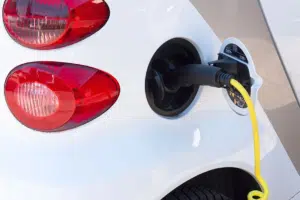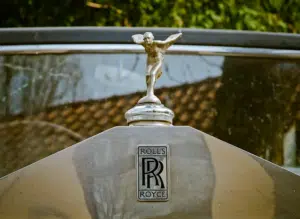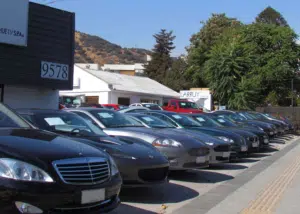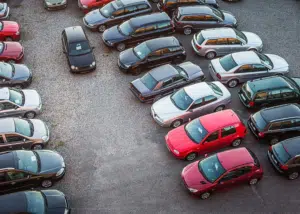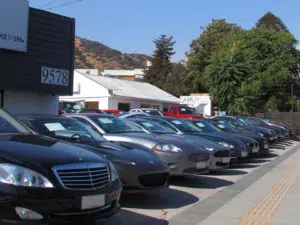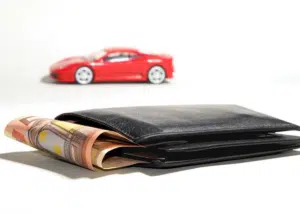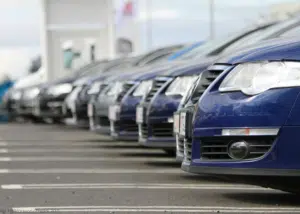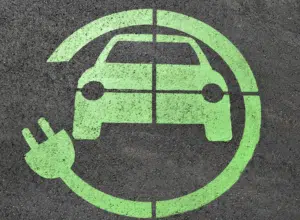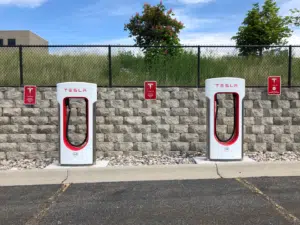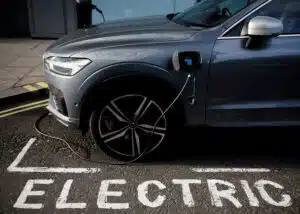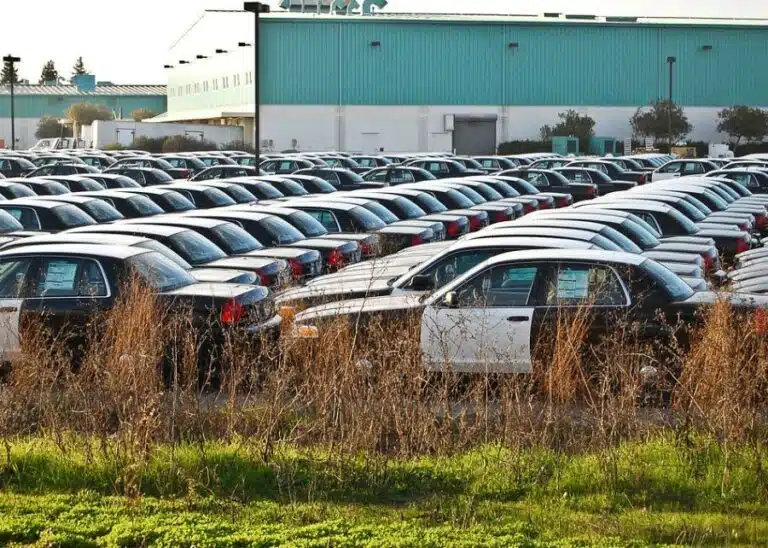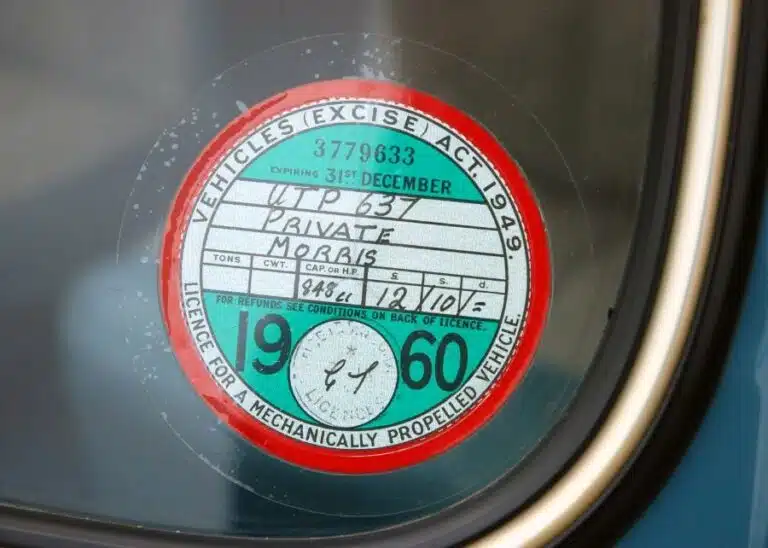Let’s find out when you can expect fuel to deteriorate and the differing shelf lives of petrol and diesel, as we well as whether expired fuel can damage a vehicle and much more.
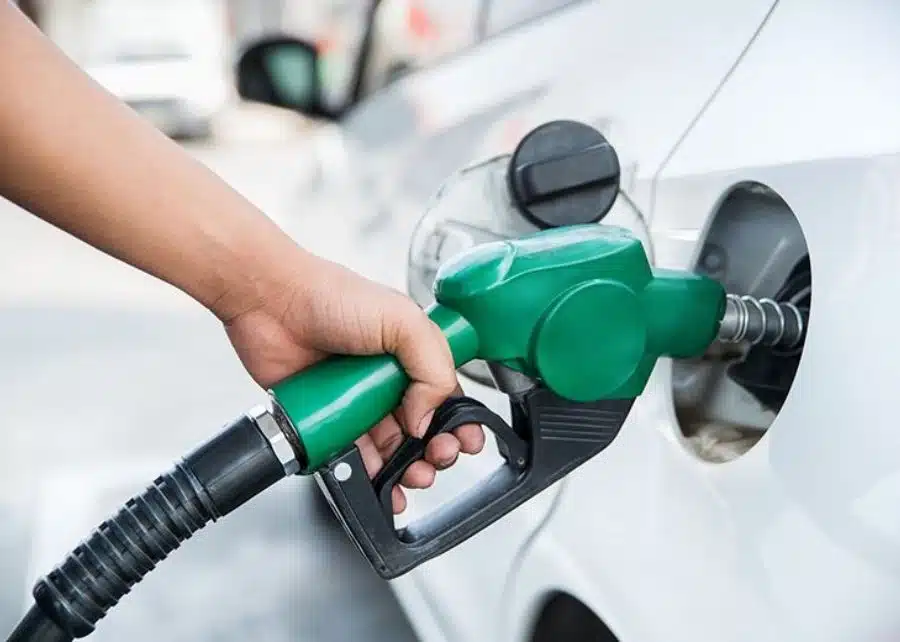
How long can fuel last before it expires?
Generally, petrol has a shorter shelf life than diesel, and ethanol-based fuel can degrade even faster. Expired fuel can affect the performance and efficiency of your vehicle, and may clog up the engine if left untreated says J.D Power.
Here are some key points about fuel expiry:
- Petrol can last for 3-6 months in a sealed container at 20°C, or 1-3 months at 30°C.
- Diesel can last for 6-12 months in a sealed container at 20°C, or 3-6 months at 30°C.
- Ethanol-based fuel can lose combustibility in 1-3 months, says Car Mudi.
- You can store up to 30 litres of petrol at home without a licence, using proper containers and safety measures. There is no specific legal limit for diesel storage says Motorpoint.
Can expired fuel damage a vehicle?
Expired fuel can damage a vehicle in different ways, depending on the type and degree of degradation. Some possible effects are:
- Difficulty in starting the engine or reduced performance and efficiency, according to Compare the Market
- Clogging of the fuel system or engine parts by impurities or sediment, says the RAC
- Corrosion of the fuel tank or metal components by water or ethanol
- Damage to the pistons during ignition by low-octane fuel
To prevent these problems, it is advisable to use fresh fuel or add fuel stabiliser to extend the shelf life of stored fuel. You should also store fuel in proper containers and conditions, and dispose of expired fuel safely and legally, says Fuel Genie.

How do you know when fuel has expired?
You can tell if fuel has expired by its appearance and smell. Expired fuel usually looks darker and muddier than fresh fuel, and has a sourer smell. You can compare the fuel with a sample of new fuel to see the difference, says the RAC. According to Bell Performance, expired fuel can also lose its volatility and combustibility, which can affect the performance of your vehicle.

Is it legal to store fuel at home?
It depends on the type and amount of fuel you want to store. Here are some general rules:
- You can store up to 30 litres of petrol at home or at non-workplace premises without informing your local Petroleum Enforcement Authority (PEA) says Health and Safety Executive.
- You can store it in suitable portable metal or plastic containers, one demountable fuel tank, or a combination of the above.
- You should store petrol in a secure outbuilding that is away from any sources of ignition and is cool and well ventilated, says RAC Media Centre.
- According to Motorpoint, there is no specific legal limit for diesel storage, but you should follow the same safety precautions as for petrol.
- If you want to store more than 30 litres of petrol, you need to notify your local PEA in writing and follow the legal requirements for doing so, says the BBC.
These rules may vary depending on your location and circumstances, so it can always be good to check with your local authorities before storing fuel at home.
What container should you use to store fuel?
According to Health and Safety Executive, you should use containers made of high-density polyethylene or metal to store fuel, as they are resistant to most solvents and flammable liquids.
You should also make sure that the containers are properly sealed, labelled, and stored in a cool, dry, and well-ventilated place.
The legal guidelines for storing fuel at home vary depending on the type and amount of fuel you want to store. Generally, you can store up to 30 litres of petrol at home or at non-workplace premises without informing your local Petroleum Enforcement Authority (PEA), using suitable portable metal or plastic containers, one demountable fuel tank, or a combination of the above, says the BBC..
There is no specific legal limit for diesel storage, but you should follow the same safety precautions as for petrol, according to Top Gear. If you want to store more than 30 litres of petrol, you need to notify your local PEA in writing and follow the legal requirements for doing so.




















